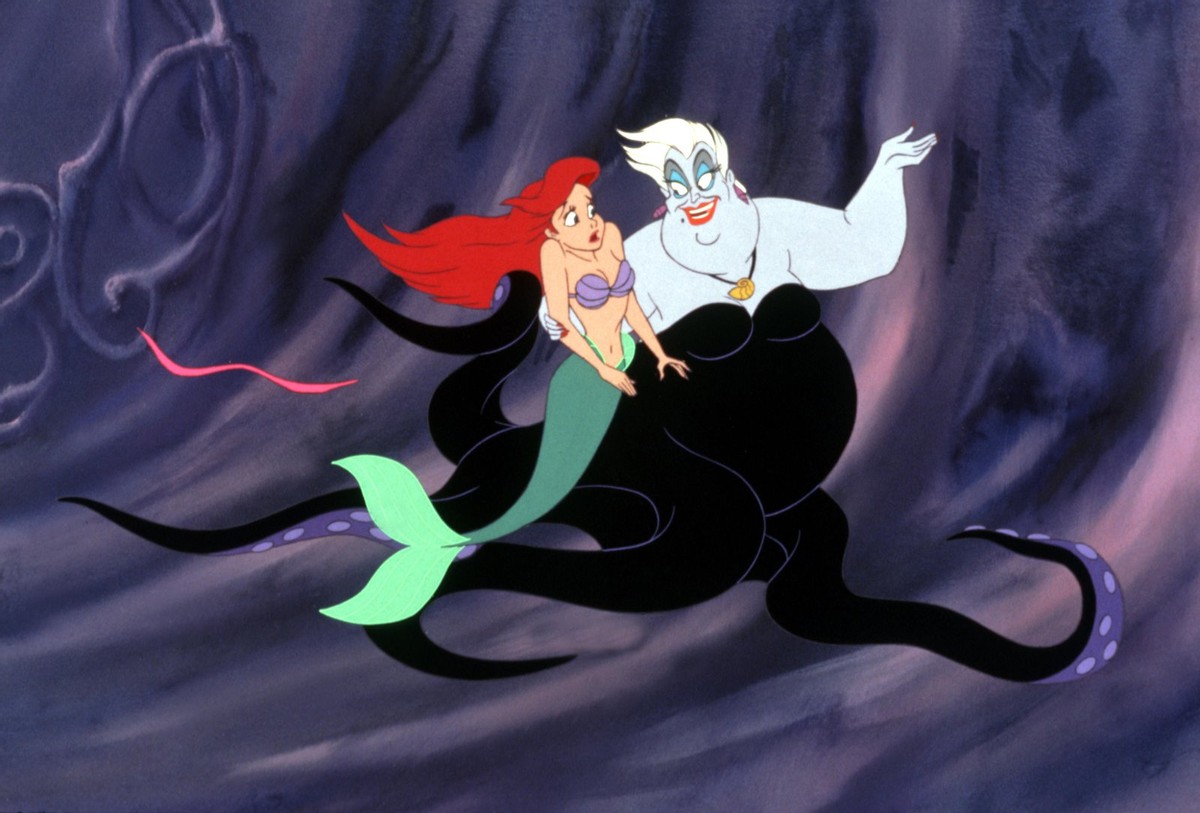
Women have nurturing characters, can be better caregivers, and get along with children, elders and pets. There’s an idea that they're more peaceful by nature and aren’t adapted to competitive struggle whether in a career or in life in general. While this assumption is ubiquitous among modern humans in general, there're plenty of reasons to think it’s a preconception.
Society is accustomed to believing that men are strong and aggressive, love sports and beer, while women are fragile and gorgeous, enjoying cooking and cleaning. In some countries today, a woman who dresses in a gender-neutral way still might be perceived as rebellious or weird. However, these concepts are no more than social roles created by society many years ago. Because women are more polite and nurturing, dress in feminine ways, people think it’s their natural traits. But women are expected to be polite and feminine, so they act according to this ideology so as not to be excluded from society.
The world expects helpfulness, kindness, and vulnerability from women, and many people don’t even realise that it’s gender stereotyping. In a culture that expects women to be obedient, their expression of anger and other strong emotions are not welcomed. This results in jeopardizing women’s freedom, achievements and happiness in general. Women who live under social pressure and gender stereotyping face a wide range of social and psychological problems, among which are domestic violence and depression. Frightened by their own husbands and society’s condemnation, many of them are hesitant to leave their partners or ask for help.
Modern culture, which dictates social norms of behavior and appearance, creates unrealistic standards of beauty for women. Popular media broadcasts messages that implicitly and openly advertise the image of a perfect woman, with an excellent body and feminine manners. The continued promotion of dieting, exercising, and plastic surgery implies that women are able to achieve these beauty standards.
Unrealistic beauty standards can also be seen in movies. For example, in Disney movies men are often portrayed as big and strong, while women are shown as being fragile, vulnerable and always need to be saved. Princess Ariel in The Little Mermaid loses her voice, while Belle in Beauty and the Beast is scared by the intimidating and gigantic Beast. Princess Snow White in Snow White and the Seven Dwarfs is constantly busy with cooking, and Sleeping Beauty is simply waiting to be rescued.
Having found themselves unable to meet the standards of society, women give up and become depressed. Being exhausted and tired, many of them are chronically unsatisfied with themselves and struggle with self-confidence. Although many women are still expected to act according to their gender, be domestic and emotional, we have to admit that these are only gender stereotypes that restrict people's freedom. Furthermore, these standards prevent not only women but also men from living a happy and satisfactory life.
Very good ideas, vocabulary, and grammar.
Thank you for your corrections and feedback on my skills 🙏